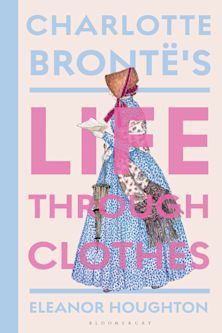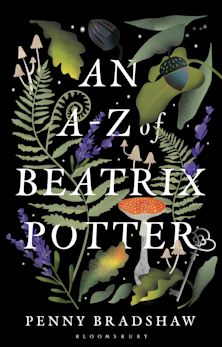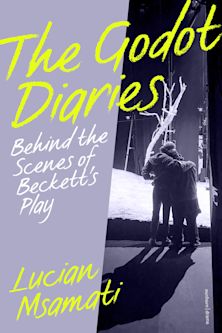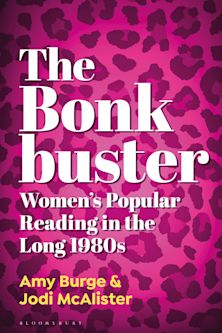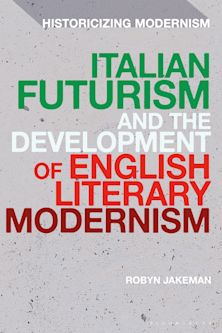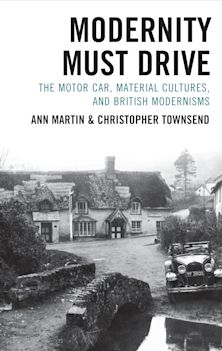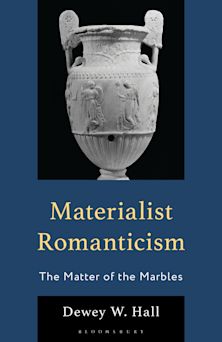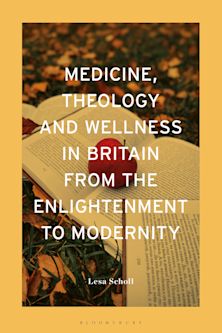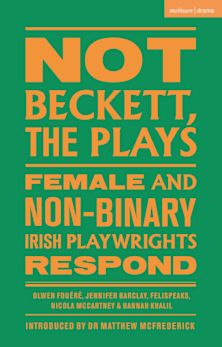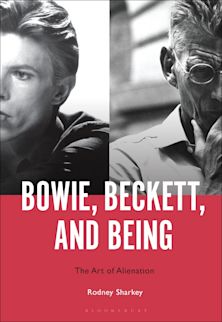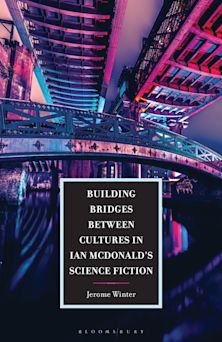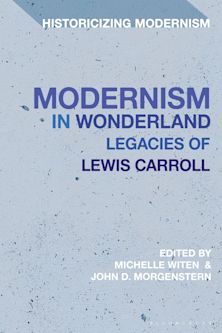- Home
- ACADEMIC
- Literary Studies
- British and Irish Literature
- Reading Smell in Eighteenth-Century Fiction
Reading Smell in Eighteenth-Century Fiction
You must sign in to add this item to your wishlist. Please sign in or create an account
Description
Scent is both an essential and seemingly impossible-to-recover aspect of material culture. Scent is one of our strongest ties to memory, yet to remember a smell without external stimuli is almost impossible for most people. Moreover, human beings’ (specifically Western humans) ability to smell has been diminished through a process of increased emphasis on odor-removal, hygienic practices that emphasize de-odorization (rather than the covering of one odor by another).While other intangibles of the human experience have been placed into the context of the eighteenth-century novel, scent has so far remained largely sidelined in favor of discussions of the visual, the aural, touch, and taste. The past decade has seen a great expansion of our understanding of how smell works physiologically, psychologically, and culturally, and there is no better moment than now to attempt to recover the traces of olfactory perceptions, descriptions, and assumptions.
Reading Smell provides models for how to incorporate olfactory knowledge into new readings of the literary form central to our understanding of the eighteenth century and modernity in general: the novel. The multiplication and development of the novel overlaps strikingly with changes in personal and private hygienic practices that would alter the culture’s relationship to smell. This book examines how far the novel can be understood through a reintroduction of olfactory information. After decades of reading for all kinds of racial, cultural, gendered, and other sorts of absences back into the novel, this book takes one step further: to consider how the recovery of forgotten or overlooked olfactory assumptions might reshape our understanding of these texts. Reading Smell includes wide-scale research and focused case studies of some of the most striking or prevalent uses of olfactory language in eighteenth-century British prose fiction. Highlighting scents with shifting meanings across the period: bodies, tobacco, smelling-bottles, and sulfur, Reading Smell not only provides new insights into canonical works by authors like Swift, Smollett, Richardson, Burney, Austen, and Lewis, but also sheds new light on the history of the British novel as a whole.
Table of Contents
Introduction: The Ghost of a Perfume, the Challenge of Recovery
Chapter 1: Clouds of Smoke, Huffs of Snuff: The Smells of Tobacco
Chapter 2: Running to the Smelling-Bottle
Chapter 3: The Smell of Other People
Chapter 4: The Age of Sulfur
Conclusion: The Great Unscenting
Bibliography
Index
About the Author
Product details
| Published | Jun 27 2016 |
|---|---|
| Format | Ebook (PDF) |
| Edition | 1st |
| Extent | 208 |
| ISBN | 9781611489774 |
| Imprint | Bucknell University Press |
| Series | Transits: Literature, Thought & Culture, 1650–1850 |
| Publisher | Bloomsbury Publishing |
About the contributors
Reviews
-
Reading Smell in Eighteenth-Century Fiction offers an often amusing and generally informative probe into the varied scentscapes of the eighteenth century. This book provides some surprising links and productive insights, and opens terrain for further inquiry into bodies and culture in the 1700s.
The Scriblerian
-
Emily C. Friedman’s Reading Smell in Eighteenth Century Fiction presents a new way of reading 18th-century literature: nose first.... Friedman’s readings amply demonstrate the richness and diversity of the scent-based signals novelists employ to reveal their characters to us, and to one another.... Reading Smell in Eighteenth-Century Fiction offers an implicit how-to for others interested in extracting rich olfactory information embedded in literatures of the past. Even constrained by the long 18th century, the possibilities for reading smell within literatures we think we know feel limitless.
The Eighteenth-Century Intelligencer
-
Emily C. Friedman presents an enormous wealth of information about smells, fair and foul, addictive and absent, in the long eighteenth century. . . . The orderliness and care with which Friedman has gathered this immensely important body of evidence makes for a pleasurable read. This illuminating topic, so timely in its address to the importance of the senses and the role of material experience in literary historical writing, has been treated with great sensitivity. The range and depth of Friedman’s reading, and the context she has brought to bear, make the value of this material eminently clear. The book’s wide and thorough survey, supported by solid historical detail, owes its methodology to cultural studies.
Eighteenth-Century Fiction












